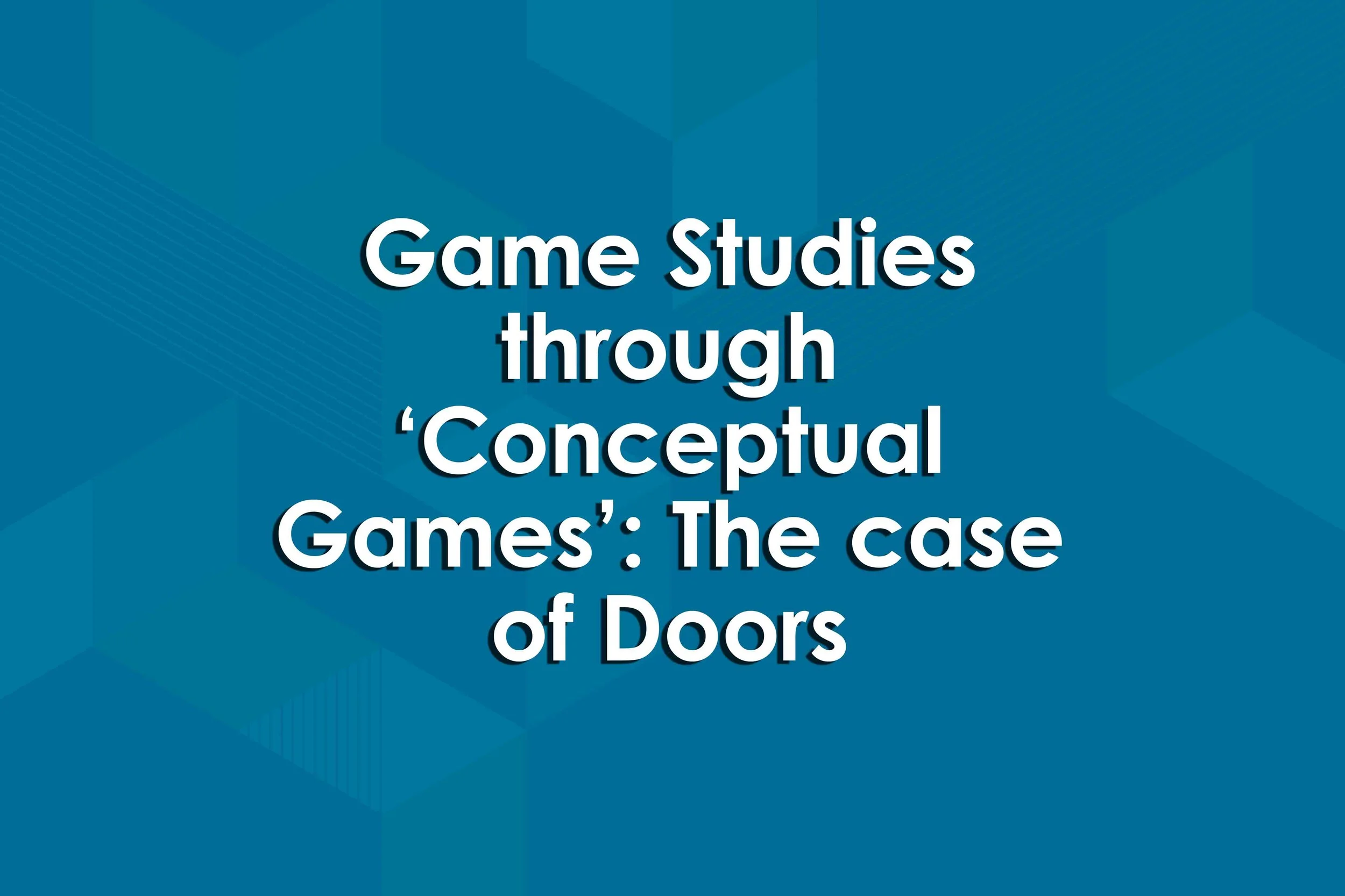Game Studies through ‘Conceptual Games’: The case of Doors
Game Studies through ‘Conceptual Games’: The case of Doors
Game Studies through ‘Conceptual Games’: The case of Doors
Stefano Gualeni, Nele Van de Mosselaer
Abstract
"Can games be used to communicate theoretical knowledge that is relevant to game studies? Like conceptual works of art, some games are designed to convey intellectually significant ideas in ways that are not exclusively linguistic. Drawing from art theory, we argue that the kinds of ideas one can experience practically and first- hand through ‘conceptual games’ can be of three kinds: socio-political, philosophical, or self-reflexive. Conceptual games that take a self-reflexive stance in particular communicate knowledge about games themselves, about their expressive conventions and their relationships to players’ expectations. While the quality of being self-reflexive does not by itself grant a game the status of a theoretical contribution to game studies, there are self-reflexive games that explicitly address theories and texts in the field. Among the few existing examples of self-reflexive games that were deliberately developed as scholarly contributions to game studies, Doors (the game) (Gualeni & Van de Mosselaer 2021) is discussed and analyzed as a particularly relevant case study."
Reference
Gualeni, S., & Van de Mosselaer, N. (2023). Game studies through ‘conceptual games’: The case of Doors. Proceedings of the Philosophy of Computer Games Conference. https://research.tilburguniversity.edu/en/publications/game-studies-through-conceptual-games-the-case-of-doors
Keywords
Conceptual Games, Self-referentiality, Meta-referentiality

